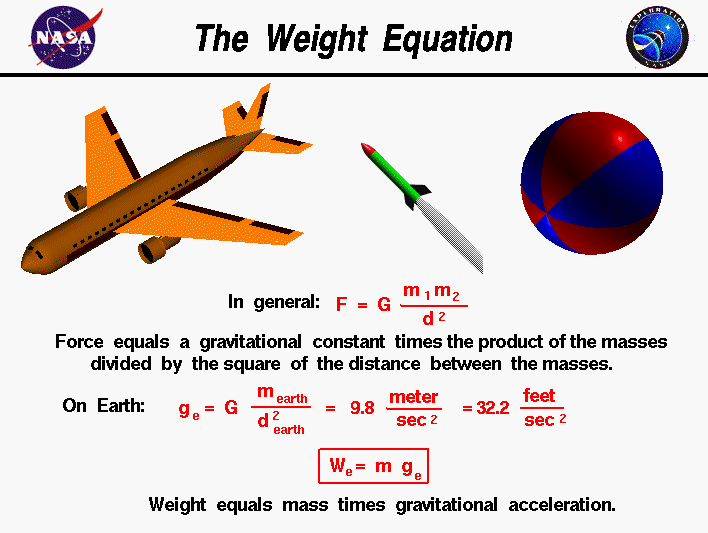 In everyday conversation, most people usually use the words mass and weight interchangeably. In common usage, both mass and weight may be expressed in kilograms. For example, a person may say that his weight or mass is 75 kg. Although both properties of matter, mass and weight are two different terms and each has its proper use in science.
In everyday conversation, most people usually use the words mass and weight interchangeably. In common usage, both mass and weight may be expressed in kilograms. For example, a person may say that his weight or mass is 75 kg. Although both properties of matter, mass and weight are two different terms and each has its proper use in science.
Most books define mass as the amount of matter in an object. It is true that every matter has its mass, but not only matter exhibit mass. Different types of energy also exhibit mass, as well as photons.
The mass of a matter or energy is measured by its amount of inertia. It is not dependent on the gravitational pull like weight, so the quantity is the same in any locations. For example, a person’s weight on Earth is 80 kg. But, on the moon, his weight may only be less than 15 kg due the difference on gravity. On the other hand, mass is constant whether you are on earth or on space because it is measured without gravity.
A kilogram (kg) is the standard unit used to express mass in the International System of Units. In particle physics however, an electron volt is common. For atoms and molecules, atomic mass unit (u) is used.
